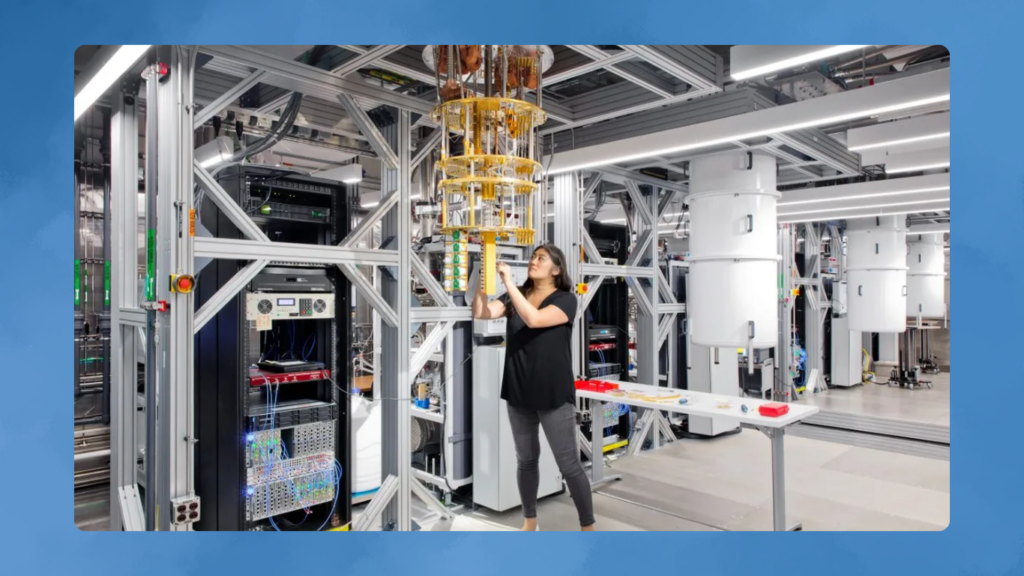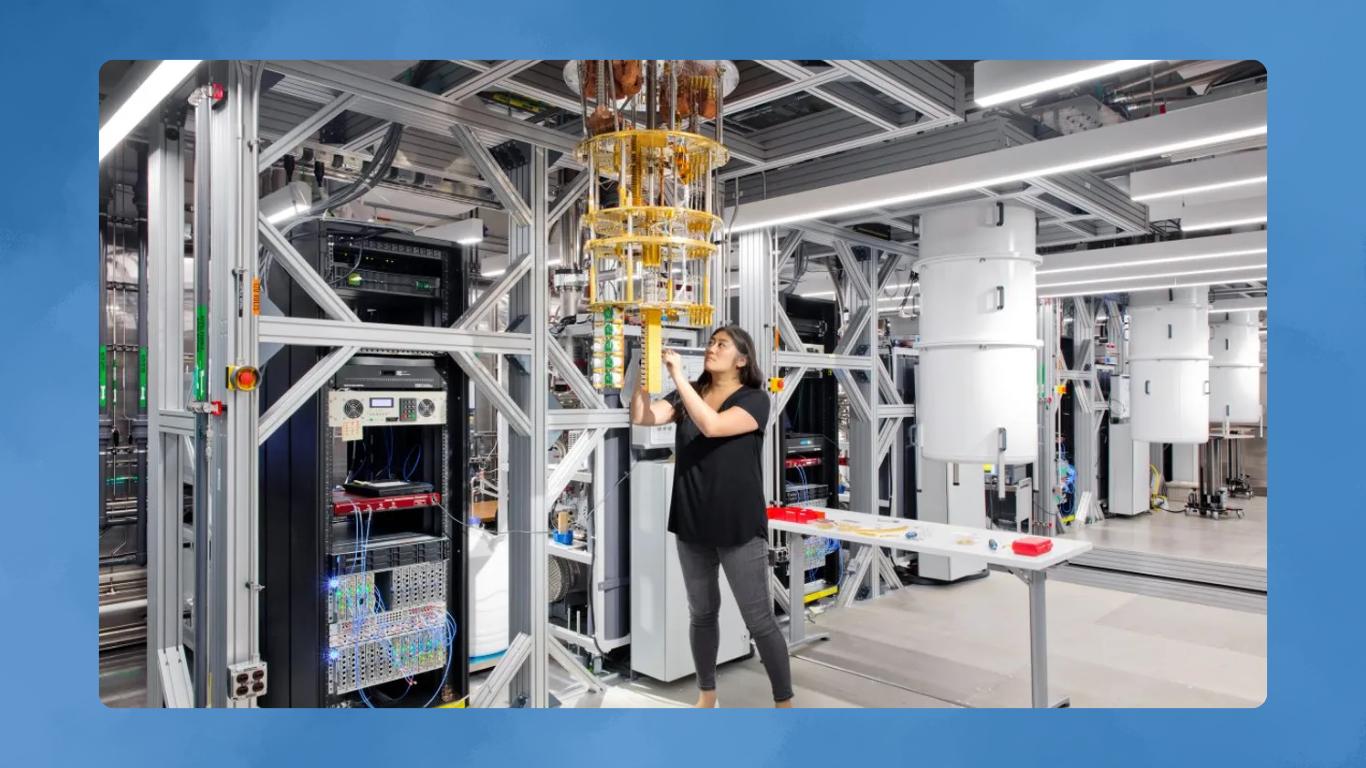The race to achieve net zero carbon emissions is on, and power grid operators like the UK’s National Grid are feeling the pressure. Managing grid expansions, scheduling energy production from various sources, and ensuring grid stability are becoming increasingly complex tasks as more renewable energy sources come online. High-performance computers have been essential in tackling these challenges, but the complexity of these tasks is starting to push the limits of even the most advanced supercomputers.
The Complexity of Power Grid Management

With billions of pounds at stake, grid planners must make data-driven decisions that will impact everything from energy costs to the frequency of power outages. Over the next five years, the UK’s National Grid is set to invest £30 billion in upgrading its infrastructure to support low-carbon technologies like wind, solar, nuclear, and battery storage systems. This upgrade is crucial as millions of electric vehicles (EVs) and heat pumps are added to local networks to help decarbonize transportation and heating.
The decisions on where to build renewable energy sources, when to upgrade transmission lines, and how to roll out EV chargers will play a significant role in determining how quickly the UK can achieve its net zero targets. At the same time, grid operators must ensure that power generation meets demand at all times while keeping the grid stable, a task made even more challenging by the unpredictable nature of renewable energy sources.
One strategy to manage these challenges involves shifting the timing of energy use, such as delaying EV charging or adjusting heat pump operation. These small adjustments, when scaled across millions of households, can have a big impact, similar to adding a large power plant to the grid. However, this also increases the complexity of grid management, as more devices need to be coordinated and scheduled.
The Promise of Quantum Computing
Enter quantum computing—a technology that could revolutionize how we manage power grids. Quantum computing operates on quantum bits, or “qubits,” which can represent both 0 and 1 simultaneously due to quantum mechanics. This unique capability allows quantum computers to process enormous amounts of data with relatively few qubits, making them ideal for certain calculations that are currently too complex for classical computers.
Back in 2019, Google demonstrated quantum supremacy by solving a problem in 200 seconds that would have taken classical supercomputers thousands of years. This breakthrough highlighted the potential of quantum computing to tackle problems beyond the reach of classical computers, sparking a race to expand the capabilities of both classical and quantum systems.

Quantum computing is now in what researchers call the Noisy Intermediate-Scale Quantum (NISQ) era. While large-scale quantum computers are still a decade away, NISQ devices are already showing promise in solving complex optimization problems—like determining where to build new generators, which transmission lines to upgrade, and which power plants to activate or deactivate. These are challenges where multiple yes-or-no decisions are interconnected, creating an exponentially large set of possible outcomes.
Beyond optimization, quantum computing could also speed up simulations of grid power flows and enhance machine learning algorithms. This could allow grid operators to make better use of data from smart meters for more accurate forecasting, scheduling, and planning. During this NISQ era, combining small quantum devices with classical computers to handle the most complex parts of an algorithm could lead to significant efficiency gains.
Industry Initiatives and Future Prospects
Despite being in its early stages, quantum computing research for power grids is already making waves. Industry initiatives are underway to develop quantum algorithms that could revolutionize grid expansion strategies and improve the scheduling of EV charging. Companies and research institutions are working together to unlock the potential of quantum computing in the energy sector.
Of course, quantum computers themselves require energy, especially for cooling, as they often need to operate at extremely low temperatures—near absolute zero—to function reliably. However, studies suggest that quantum computers can solve certain problems much more efficiently than classical computers, potentially leading to significant energy savings. For instance, Google’s quantum supremacy demonstration not only sped up computation but also reduced energy use by a factor of 557,000.
The Road Ahead
As the push for net zero power grids gains momentum, quantum computing is emerging as a key player. By enabling more efficient grid planning, operation, and management, quantum computing could help drive significant progress towards decarbonization. While the technology is still developing, ongoing research and industry collaborations are paving the way for a future where quantum computing plays a crucial role in powering a sustainable, net zero world.

Subtly charming pop culture geek. Amateur analyst. Freelance tv buff. Coffee lover
